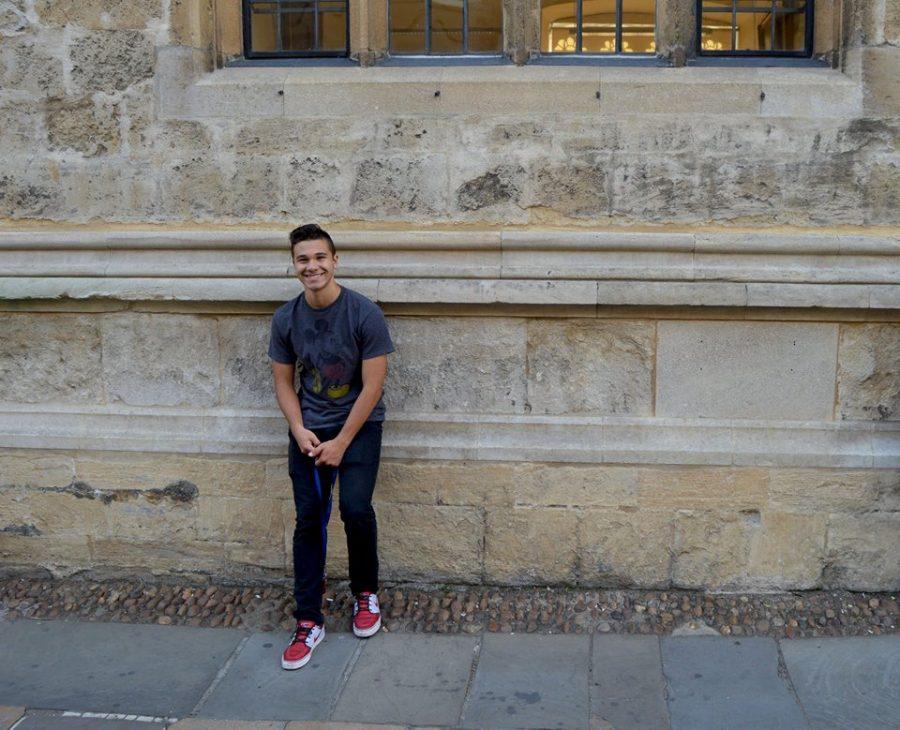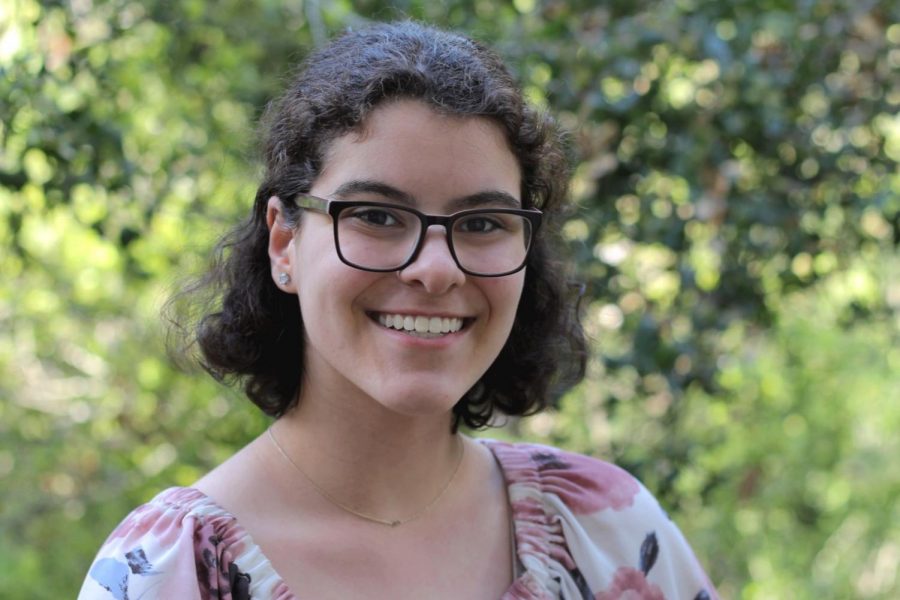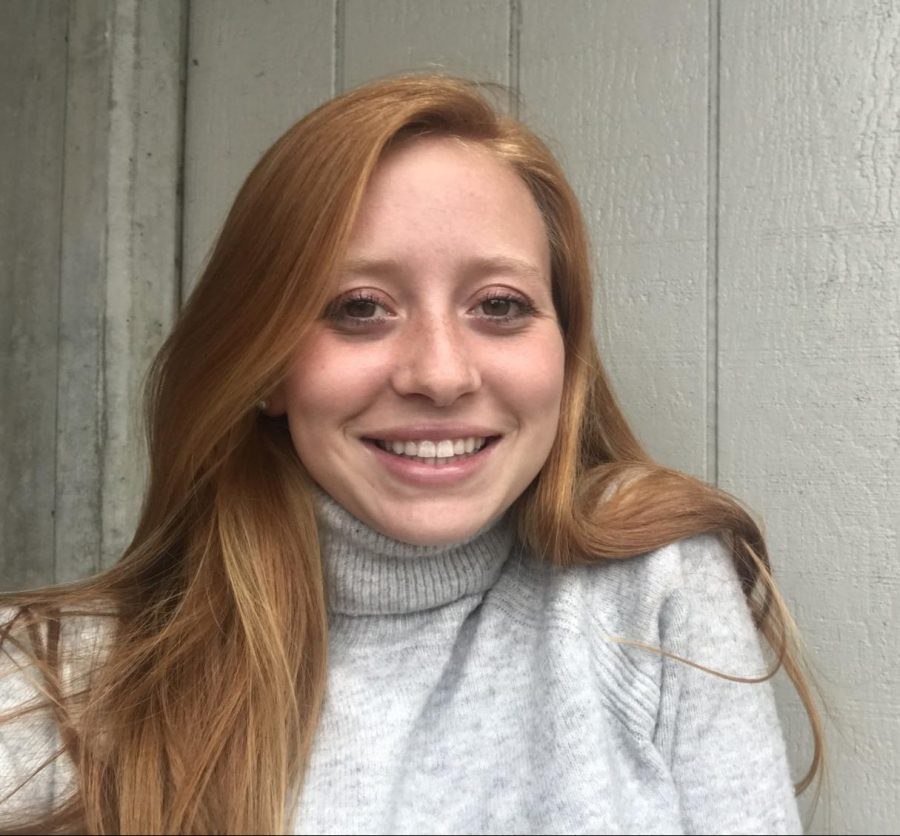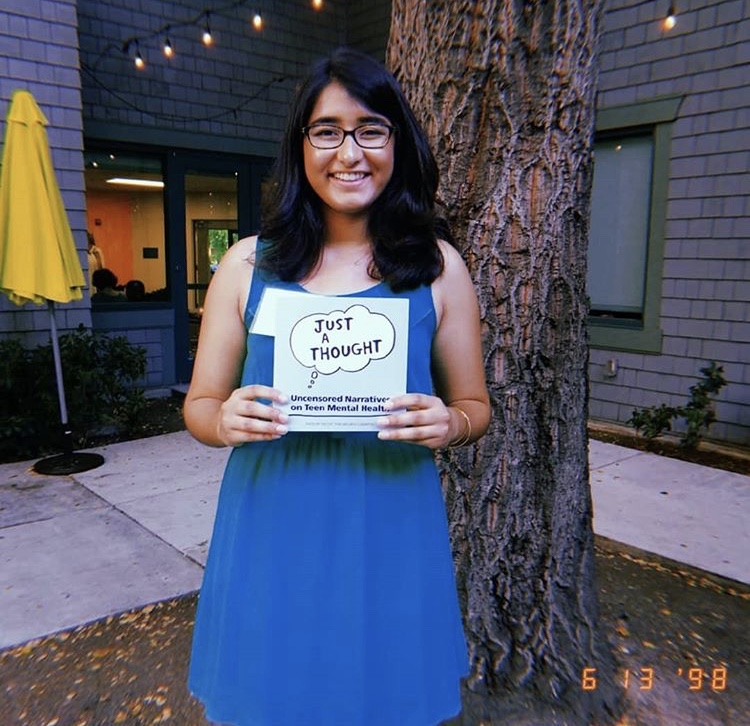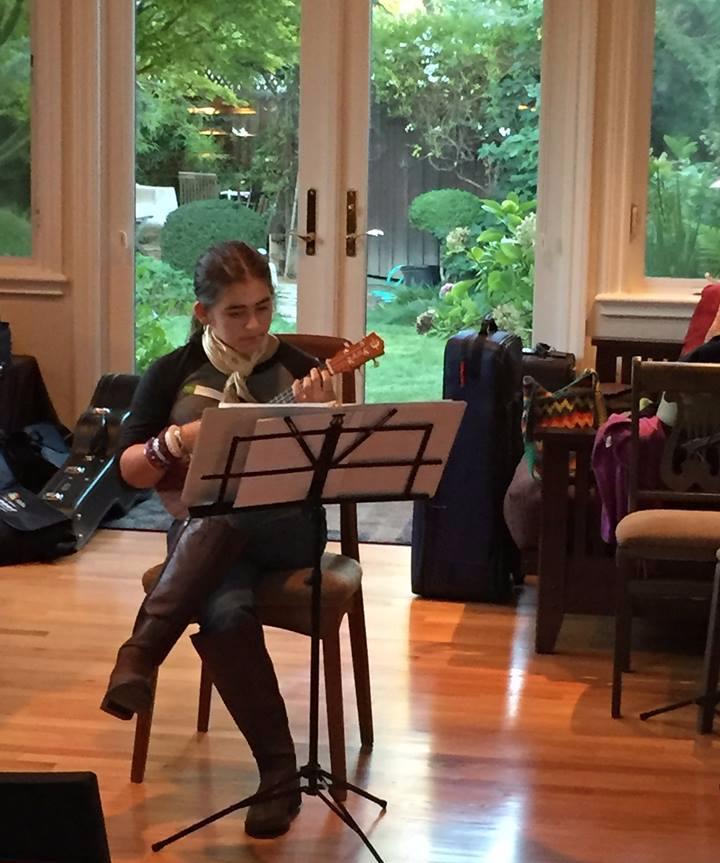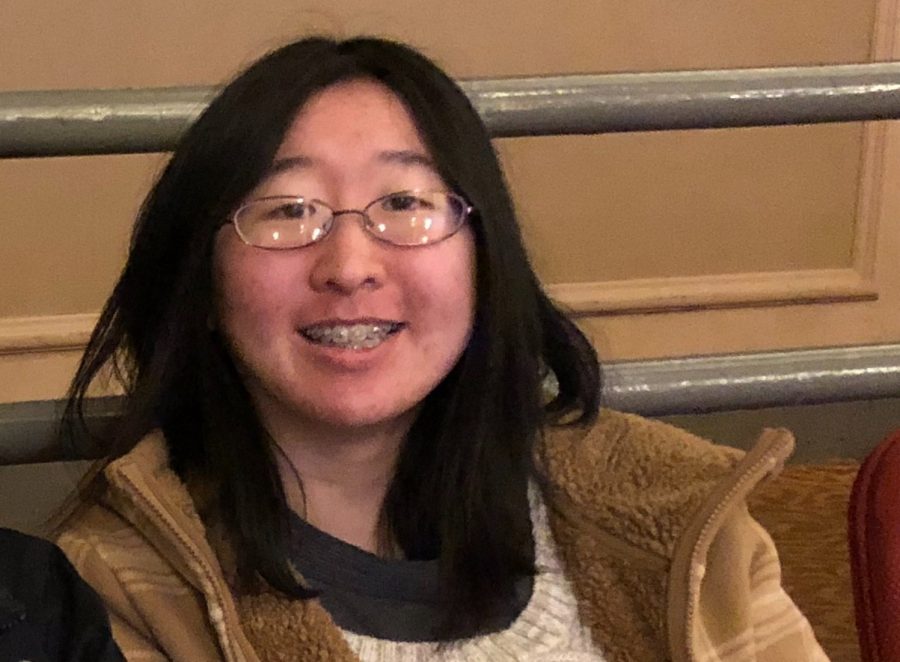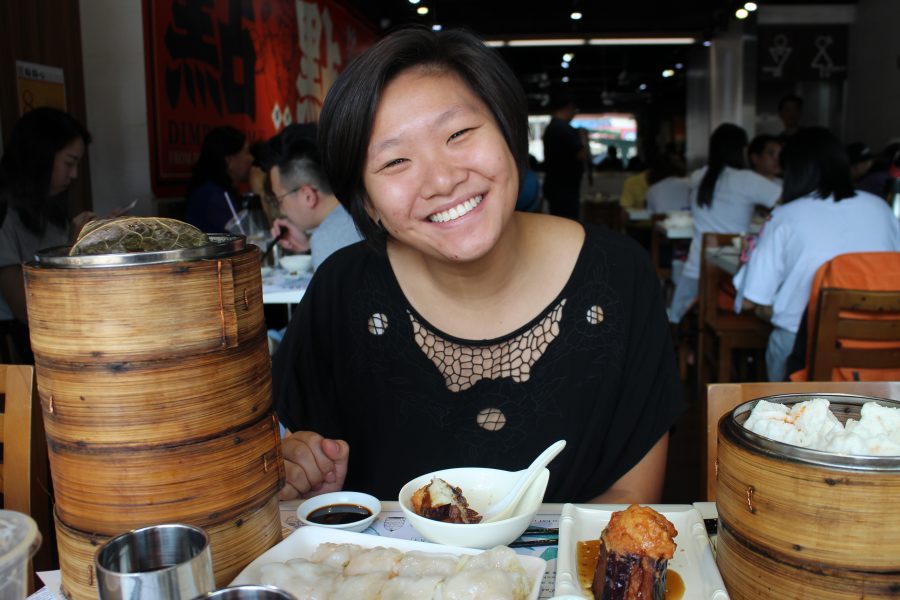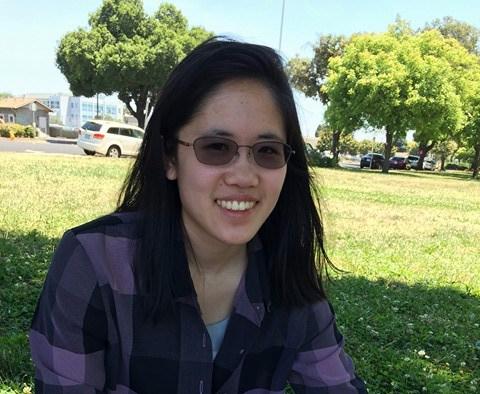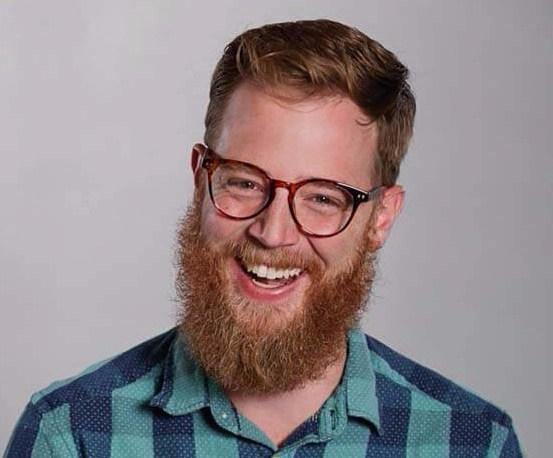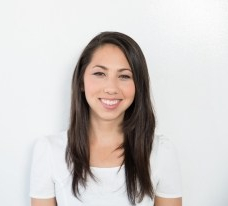Written by Evalyn Li
Grief come in many forms and avenues. As we struggle to come to terms with the loss of a loved one, we all respond and behave differently. Here, senior Alper Karakas tells his story in the hope that it can provide light for those struggling.
Karakas stands up and grabs his backpack to leave the classroom only to find himself dragging his chair with him outside the room. He looks behind at his friend who had tied Karakas’s backpack to the chair, and they share a laugh. It’s junior year. Karakas is comfortable with his life. He has a large group of friends at school, friends who are woodwind musicians, friends who are soccer teammates and friends from other parts of the world. In his eyes, life was pulling pranks on each other and dealing with high school stress.
This perception was challenged when Karakas was told of his friend’s death. He was shocked and soon felt his friend’s absence in his daily routine.“He is still obviously in my heart, but he’s not here,” Karakas said. “He’s not living and he’s gone.” Realizing this, he began to cry for the first time. As he recalled the fond memories of his friend as a prankster, Karakas reflected on all of his friend’s attributes that made him appear as a happy person, a perception that made his suicide difficult to understand.

Some of the first feelings Karakas encountered were confusion and shock. Why would his friend, someone others wanted to be around because he radiated so much positive energy, take his life? How come he was never aware that his friend had been in such distress? Karakas was especially puzzled by the second question. He recalled conversations revolving around “grades, fantasy football and girls.” They asked each other “how was your day?” and “what did you do?”, but he realized that rarely did he hear “how do you feel?”, “how has this impacted you?” and “what was your reaction?”
While thinking about this, he decided he wanted to initiate those deeper conversations and have more authentic connections with people around him. “Everything [we talked about] was very one-dimensional,” he said. “We didn’t really talk about feelings or anything below the surface.” His friend’s death, which happened too early, helped him come to a new resolution of how he wanted to live his life. “I think putting that into perspective makes high school more enjoyable in the sense that each new day is a new adventure,” he said. “That’s what I really realized; that was my new perception of what life is like. I lived in a more exciting way. I always wanted to try new things and I was committed to the idea that life began at the end of my comfort zone.”

With a fresh outlook, Karakas became more sensitive to the effects of words and how people treated each other. “The little things matter when it comes to creating a positive atmosphere,” he said. During one soccer practice, Karakas witnessed his friends poking fun at one another. The amical fight ended with one calling the other a “waste of space.” These three words rang in Karakas’s ears. Even though his friend probably thought nothing of the casual name-calling, Karakas felt the negative stigma attached to those words. “People should be more aware of what they say and what they do,” he said. Wanting his friends to know how those words could harm others, he pointed out: “That’s messed up to say something like that.” To Karakas, “it’s the little things that make or break people’s days.”
For Karakas, “little things” are not limited to words, but include smiling at passersby, letting them know that they are important. “All [the actions I take are] minute ways of saying ‘I care about you’ and ‘we all care about you,’” he said. On the other hand, he thinks being able to separate words from others’ intentions is another small way to protect himself. “It definitely [goes] both ways where you shouldn’t say as many negative words or you shouldn’t do mean things to people and you should be more positive, but also be able to have a tough skin,” he said.

Nonetheless, there are days when Karakas feels lonely. While he actively tries to create a positive atmosphere for others, he feels like not many others are also asking “are you okay?” But he has faith and believes everyone can contribute to positive change if they start from himself or herself. He felt that the change of people’s actions after his friend’s death was existent but short-lived. After two or three months, he says, it takes strong will to turn the positive action into a habit. And that’s what he hopes to do.
Though Karakas admits that one day he will also be in a vulnerable position, he knows his first resource: his parents. Growing up as the only child, he has always felt a sense of security with his parents. He also has a dynamic groups of friends that he can turn to. Involved in music and sports, Karakas is willing to be vulnerable with different people whenever he needs help.
Karakas tries to be a positive impact and a friend with the little actions he does everyday. After the death of his friend, he initiated changes in his own life towards the way he interacted with others. Following his belief that “If you want to change something then do something [about it],” Karakas consciously makes an effort to be a friendly face in the hall. Paramount to his mission is starting with himself.


